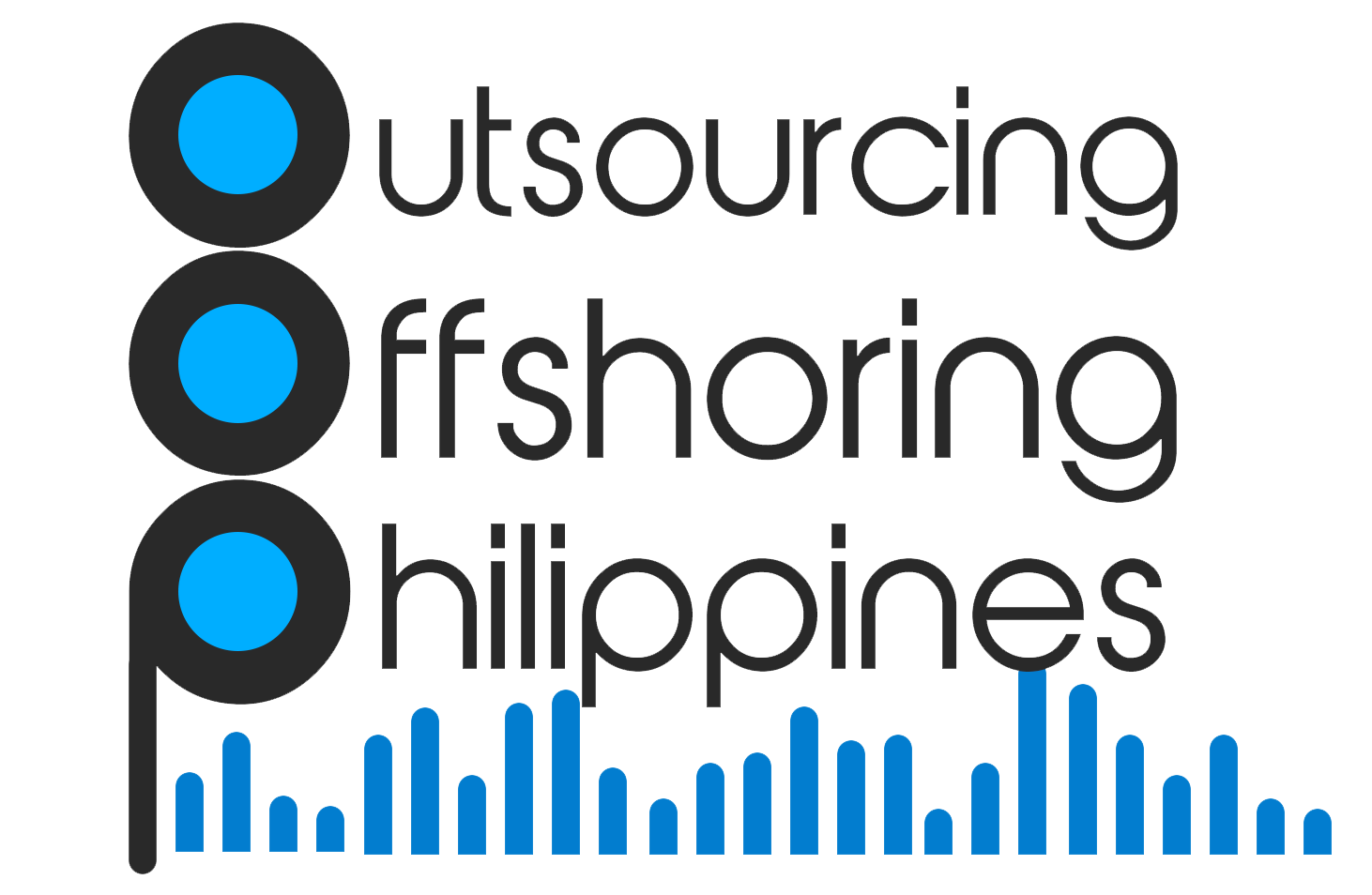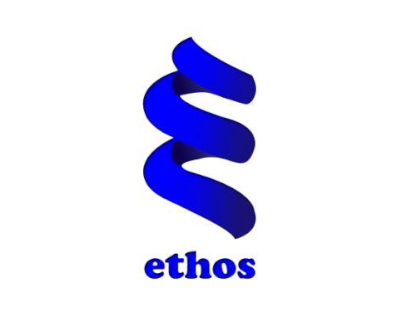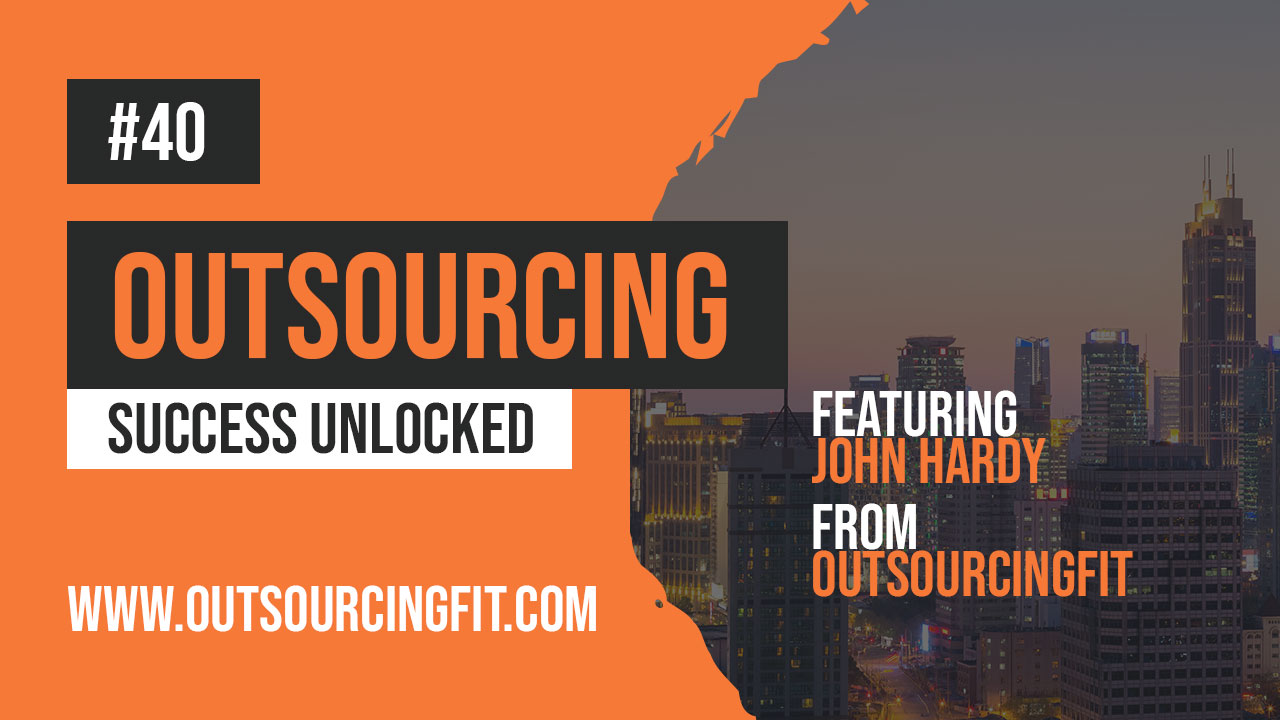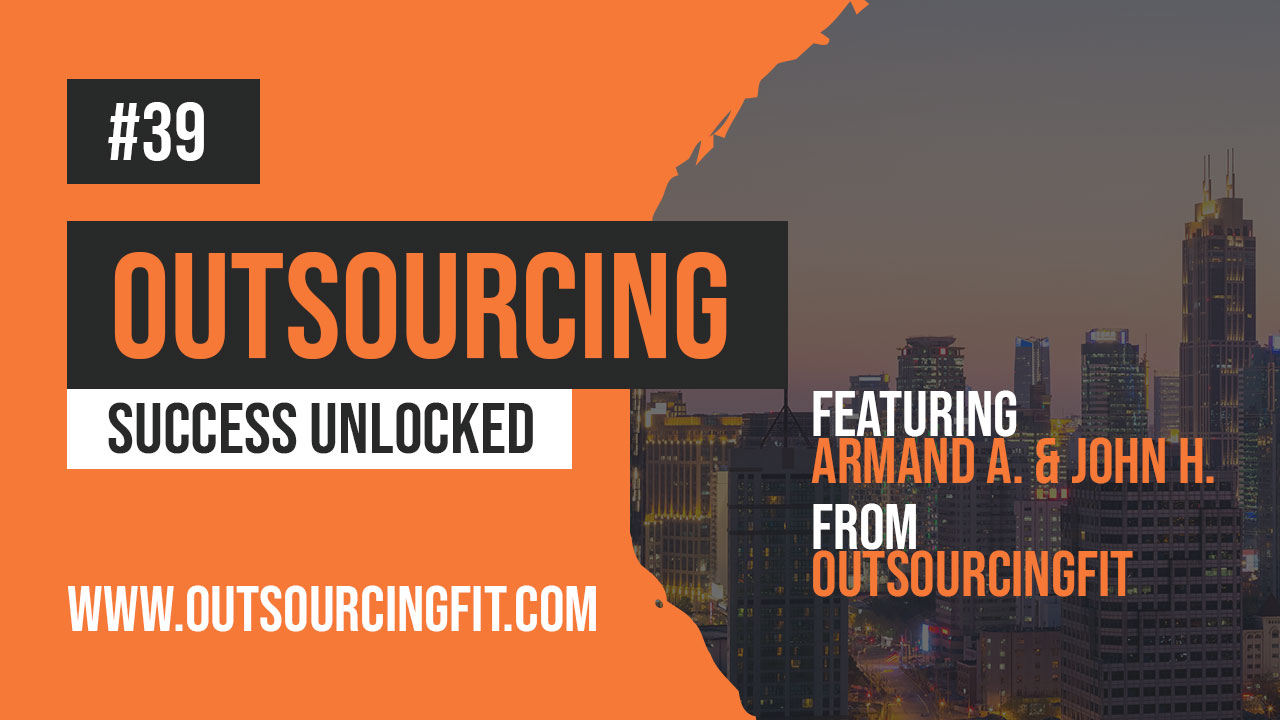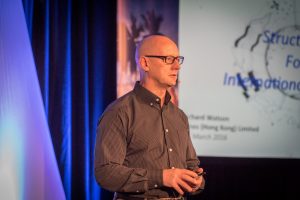 Guest: Richard Watson
Guest: Richard Watson
Presenter: Henry Acosta
Guest Bio: In 1997, Richard decided to become an expat and moved to Hong Kong. He became its permanent resident – lived and worked there – since then. To support the growth of Ethos (Hong Kong) Limited, Richard commutes regularly to Manila, where his back office is situated, to ensure that all back office needs are looked into.
In his more than twenty years of living in Hong Kong and Manila, and having travelled way too much around Asia, Europe and North America on business, he has seen many, many foreign entrepreneurs and companies (mostly small to medium enterprises or SMEs) come and go. Hence, the passion to write his own book he calls Homeless Entrepreneurs.
As a wrap, Richard’s being an outstanding business leader is inevitable. He provides excellent executive support to his clients and staffs. He is always determined and passionate of what he is doing all through the years.
Segment overview: Ethos (Hong Kong) Limited provides comprehensive business solutions for our international clients, including corporate formation and administration services, accounting and tax services, trust and administration services, and business services. With offices in Hong Kong and The Philippines, and an extensive network of professional service providers worldwide, Ethos provides bespoke solutions to assist business owners to take their products and services to the world; and help family offices keep their wealth within the family, where it belongs, for generations to come.
Address:
Hong Kong – 901 Hermes Commercial Centre, 4a Hillwood Road, Tsim ShaTsui, Hong Kong
Philippines – Unit 2E, Cypress Gardens, 112 V.A. Rufino Street, Legaspi Village, Makati City
Contact:
Hong Kong: +852 3468 5025
Philippines: +632 744 1411
Website: www.ethoshk.com
To know more about Ethos(Hong Kong) Limited, listen to the podcast below.
Our talk with Richard Watsopn begins at the 40:05 mark of the podcast:

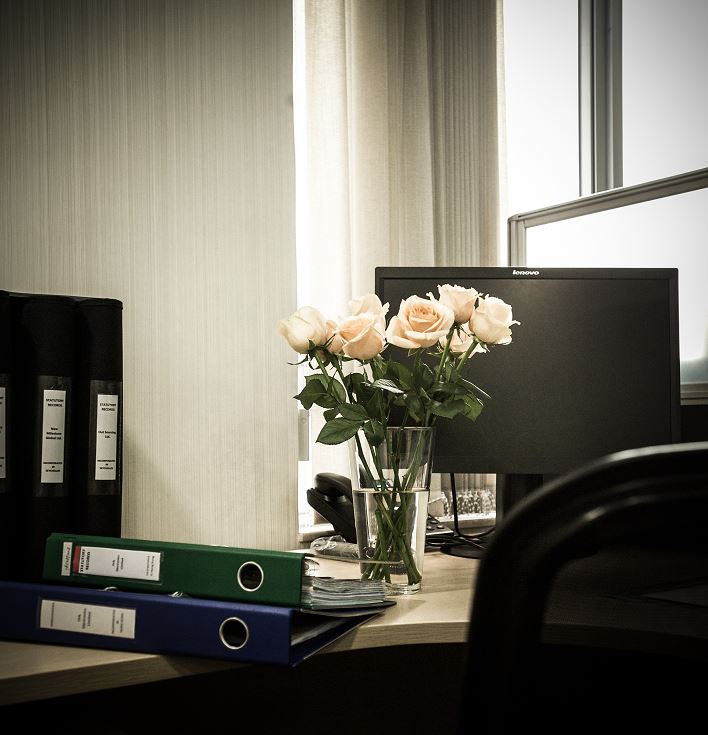

Transcript
Henry Acosta: Hi. This is the Outsourcing and Offshoring Philippines podcast. I’m Henry Acosta and our guest on this episode is Richard Watson. He is the founder of Ethos Limited and he’s also currently their Managing Director. He’s joining us today to talk about Ethos and what they do and who they are. He’s also going to talk about the Outsourcing and Offshoring industry in the Philippines. And with all that said, welcome to the show Richard, and thanks for joining us today.
Richard Watson: Thanks for having me, Henry. Appreciate it.
Henry Acosta: Just to get things started, can you tell us a little bit more about yourself and what got you into this business?
Richard Watson: Look, as always there’s usually a story behind all of these sorts of company set ups and business enterprises. I am Australian, been working in and out of Asia for probably the best part of 30 years But, I ended up in Hong Kong in 1997, when everyone was leaving, I arrived and decided that was a great place to set up a business. It was a good place to get involved, because there’s lots of opportunities in those days. I’ve been coming back and forth to the Philippines, probably the best part of 25 years. So, I’ve seen a lot of change here, a lot of change in Hong Kong and Asia during that time. I knew within a few months of arriving in Hong Kong in 1997, that I wouldn’t be leaving anytime soon. It’s just on 20 years now that I’ve been living as an expat in Hong Kong and the Philippines. So, short of my story, in terms of Ethos and what we’ve been doing, really in those days I was working in IT and we were doing a lot of cross-border, sourcing a product out of China or out of the Philippines or out of South Korea. I got to understand a lot of the pains that small business goes through when they’re trying to find products and send them cross-border and all the cross border issues. I’ve been doing that the last 20 years really. It’s helping companies do what I was doing in those days.
Henry Acosta: Can you tell us about Ethos? What are the services do you guys offer and am I saying it correctly?
Richard Watson: Ethos is correct. The name Ethos, we chose that because it has really to do with ethics. It has really to do with doing the right thing and that’s really what we are here, what we’re on about. I guess having worked for big companies before and having worked on my own, I preferred to, I guess do my own thing. So when I set up Ethos, it was really aimed at the small to medium enterprise with, again predominantly foreign clients, people like myself who were either familiar with Asia or not familiar with Asia, who needed some help in getting started here – some hand-holding if you like. Our role has been to really help them set up structures in Hong Kong, in the Philippines, did them in the U.S., I did them in Dubai. I did them in many different offshore centers. We had to set up the structures and help them navigate that whole minefield which often needs a lot of hand-holding at the beginning and it’s usually not core business for most companies. Many of our clients are very successful in their home markets but they don’t really have an understanding perhaps of some of the intricacies or more importantly some of the traps, some of the pitfalls of when they’re starting to do work outside of their home country. We kind of help them navigate that make it a bit easier for them.
Henry Acosta: I noticed in your profile, actually on your website right now, you guys are a Hong Kong and in a Philippine company. How is it like for you working in Hong Kong and the Philippines? What’s the benefit of having access to both resources from both countries?
Richard Watson: Well look, I’ve made a decision early on to take advantage of the best of both worlds and I always joke with people and say Hong Kong’s ruthlessly efficient, which it is. And having lived there for many years, I got to understand how Hong Kong people work and how they think and I speak quite a lot of Cantonese, so I understand a lot of how it works. At the same time, as I said I’ve been coming back and forth to the Philippines almost on a weekly basis since about 1991, I do understand a lot about how the advantages and disadvantages of work in the Philippines. Now the thing I liked about it, there’s a great synergy between the two. Hong Kong is a very efficient place, but it’s also not a very cost-effective place. It can be quite expensive to set up a business there and run it, but internationally it’s a great place to base people’s businesses when they’re looking at getting outside of home country or working internationally. The Philippines on the other hand is very cost effective, but it has more importantly had access to very smart, educated young professionals who really wanted to work, who really wanted to grow, who really wanted to build their career. It just seemed logical when I was setting up my own company that I set up in the Philippines and Hong Kong at the same time and take advantage of both. I literally spend my life on a plane between Hong Kong and the Philippines. My largest office is here in Manila, was a smaller office, that the two complement each other very, very well. I have had very good experience working in the Philippines and working with Philippines professionals, young people, older people, experienced businessmen and women of the all sorts. And I still think the model works really, really well. It’s a matter of people I guess, being aware of what they’re getting into at the beginning and then making the right connections as always, but to me it was a no-brainer working in Hong Kong and in the Philippines together. It’s just a great thing particularly as I said for foreign companies and entrepreneurs who are wanting to, I guess come out and take on the world as opposed to focusing just on their home market.
Henry Acosta: Well you mentioned a while ago that you’ve been in the industry for a very long time, well over 20 years. Can you tell us about the differences with how it was before and how it is like right now with the BPO industry? How did it change over time?
Richard Watson: That’s a great question actually. And it has changed a lot, and not just one change, we’re probably talking five or six changes in the last 20 years have changed in the way we do business really. Life back in the early 90s, internationally was a much more simple business. Setting up companies, setting up bank accounts was very straightforward, not much compliance. People didn’t really understand what they were doing. They just simply went offshore and there was a whole lot of misconceptions about offshore and no one really cared. It all changed with the OECD getting involved with all sorts of issues through it money laundering, terrorist financing and things like that. People are much more aware now of compliance, of knowing who were the beneficial owners, knowing who’s really behind the companies. It’s not all a matter of tax, quite often it’s a matter of just understanding where the money’s coming from. What they have done in the industry, it has changed from being this palm tree kind of offshoring mysterious sort of venture into something this much more mainstream, I mean, the Internet has made the world a very small place. People do look outside their own home country very quickly when they stay in the new business. And so offshoring and outsourcing, which are two different things, still are actually much more important now to small businesses than ever before, because number one, they get to scale. When you start looking at outsourcing, you get to scale. That’s exactly why I’m here in the Philippines, because I can scale my business based exactly what my clients want. Secondly, as well as getting scaled, you get flexibility. You are able to change the business model as you go, without having to really change your business plan. And I think as a small business, that kind of flexibility is important. Number three, which I probably should have put as number one, is risk. When you’re dealing offshore, to have the ability to outsource, actually reduces your risk because you don’t have huge upfront capital to put up. If you do make a decision then you may get it wrong which “Hey welcome to the real world.”, so that’s what small businesses about. You can change course. You can regather, gather your troops and point them in the right direction fairly quickly. And I guess number four is, back in the 90s offshoring and outsourcing, there wasn’t a lot of people around that knew how to make it work. It was very much ‘your territory kind of’ for everyone. Now, there are so many people you know out there, there’s a huge network of people that can bring value to the table just by asking who do you know, who can help you do this. Someone always knows someone that can help you do something. That access to that network has changed the whole face of it as well. Seriously in the last 20 years in those sort of dramatic changes and I’m not even talking about the technology bubble or the SARS epidemic in 2003. I’m not even discussing the global financial crisis. These are all just things that have happened which in the nature of industries changed. And there have been certain accelerators as well, that’ll push things along, but it’ll continue to evolve. But in my opinion, outsourcing and offshoring is going to become even more important to small to medium business than ever before. It’s a snowball, this is not a one-off event.
Henry Acosta: From my other guests from before, they actually mentioned, when they have clients and they discover outsourcing and offshoring, it’s like they’re discovering a whole different world of resources, that they can take advantage of and not a lot of people realized that.
Richard Watson: I think the issue that a lot of Western countries face, is that they are so concerned about protecting their own economies. There’s a very much protectionist mentality and anything outside of the country has seemed to be foreign and bad. And I think, unless you’ve travelled a lot and most of entrepreneurs and expats that I meet have traveled a lot. They do understand it. Asia businesses get it already, I mean Hong Kong and Philippines businesses already travel a lot, already see the world. A lot of Western countries don’t. Their businesses tend to be still very much slope focused on the local market. The things to do with outsourcing, they see it as being something bad rather than getting them to focus on what’s important, focus on their sales, focusing on growing their market. They tend to be much more focused on an inward-looking, trying to protect what they have, rather than looking at what they could have.
Henry Acosta: Well since, we’re on the topic of people not sure about outsourcing. When people inquire with Ethos and talk to you Richard. What are their usual fears on outsourcing and offshoring that pulls them back and what do you tell them to convince them to actually go through with it?
Richard Watson: That’s a great question, because the concerns I have are very real. I mean I never, never make someone feel silly for asking that question because it’s a very real question. When you’re used to running a successful business in your home country, and then someone talks to you about outsourcing, it might also be on another planet, really. The best thing I say to them is to talk to as many people as you have, as you can. I encourage people to drink as much coffee as they can, which I always love, because I want them to have coffee meetings. I meet with people and ask them all the ugly questions to find out what’s really happening. Secondly, they’ve got to have a look at things with an open mind. When you’ve grown up in a society which has been very protectionist, which many Western countries are, to think suddenly open up to a business model that is completely foreign, in a different country with people you don’t know, can be quite scary. So, they’ve got to be prepared to open their mind. I guess the third thing though with that is I say to them, it’s not a matter of all-or-nothing. You’re not putting all of your eggs in one basket with this. You can try it and that’s exactly how I started. I started about 15 years ago, I put my PA here in Manila and then at that time was kind of like, “Really? you got to do something like this?” It was so out at the time and yet it was an experiment that worked out extraordinarily well for me and then just opened up my mind. You can take a chance with things in a very small way and you can actually get very, very big returns. It’s a matter of being prepared to take a small chance rather than nothing. It’s not all or nothing.
Henry Acosta: Like what you said if after it works out once, it’s pretty much like a snowball. It’s going to get bigger and bigger.
Richard Watson: And people tend to get excited then, because there’s nothing quite like success to get you so excited, and that’s what happened. One taste of success with it and they get the rightful amount of that. People will always come back to the people. You get the right person in the right place and it works well. You get excited.
Henry Acosta: For all our listeners right now who’s interested in outsourcing in Australia obviously, what’s the best way that they can get in touch with you guys at Ethos?
Richard Watson: Well the first thing they could do is have a look at our website which is www.ethoshk.com and just all of our contact details are there or they can just simply contact me directly by email which is [email protected] and I’ll just get back to them. With us, what we do is if I can help them I can usually find someone who can. So usually we just start, as I said, with a coffee meeting and just see what they have with, what’s their pain or what it is they’re looking to try to do. Some cases I tell people, “Don’t do anything. What you’re doing now is fine.” In other cases, the outsourcing and offshoring model works really, really well for them. It usually just starts with an initial conversation and see what happens.
Henry Acosta: I almost forgot to ask. Do you have clients who actually fly out to the Philippines and Hong Kong and check out what you do and would you recommend that for them to do that?
Richard Watson: Definitely, definitely. Look, for the cost of an airfare and a couple of nights at a hotel, it’s definitely worth having to look at. They come into our office and I can show them around what other people are doing and take them out to some places and they can see for themselves and ask people the questions. They don’t have to believe what I tell them. They can certainly ask people at the coalface who are doing it already and see what they do. And as I said, in Hong Kong Saints, Hong Kong is a great place to get started and it’s certainly well. As I’ve said, it’s a contrast between Hong Kong and the Philippines and also there’s such a synergy between the two. I think people get that too immediately, if they’ve been to either place or have intent of looking at either place.
Henry Acosta: What would be your main takeaway message to everyone right now?
Richard Watson: I think the main message would be, to not limit their thinking to what they’ve seen so far. There’s a lot of people in this part of the world who are rediscovering or discovering this for the first time. It’s not too late to get started no matter what, where you think you are in your business cycle. My message would be to just to keep an open mind and explore and you’ll soon find out whether it’s the right approach for you or not. But in 90% of cases I would say, it’s probably the right approach.
Henry Acosta: Alright, sounds great and I think that’s all our questions for today and thank you so much for coming on the show, Richard.
Richard Watson: Thanks Henry, I appreciate it.
Henry Acosta: And that was Richard Watson one of the founders of Ethos Limited and currently they’re Managing Director. And if you’d like to get in touch with him you can reach him at [email protected] and you can look them up at www.ethoshk.com. And if you like this interview, you can visit us at www.offshoring.com.ph and transcripts audio and archive are all available in that website. Make sure to like and follow our social media pages as well. You’ve been listening to the Outsourcing and Offshoring Philippines podcast and I’m Henry Acosta. Thanks for listening.
